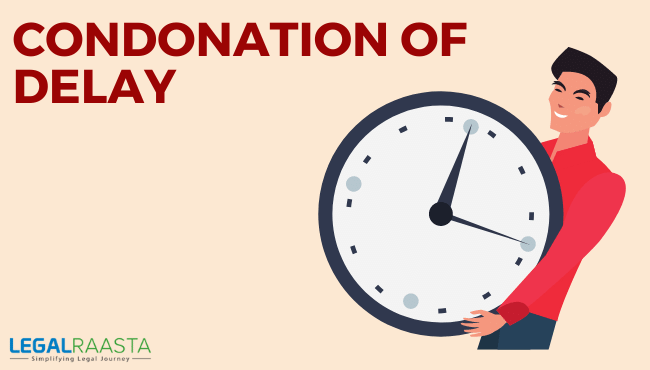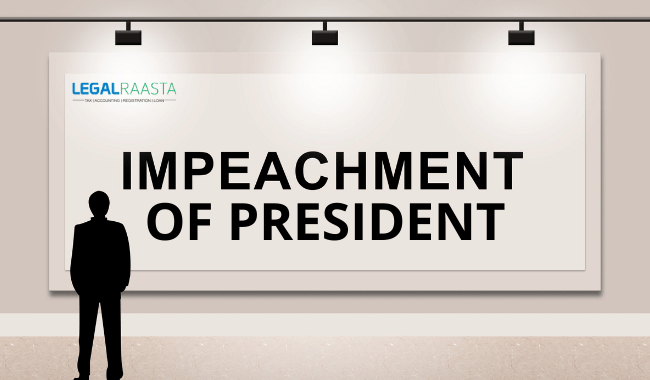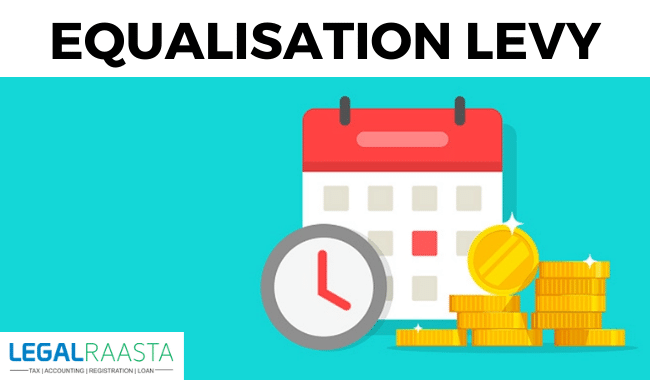Condonation of delay
Condonation of delay is usually applied for the delay in filing suits or applications in the courts in India. It refers to the act of allowing a court to overlook a delay in filing an appeal or application. Each statute establishes a deadline for filing any litigation, appeal, or application with the courts/respective authorities. The limitation period of the suit or appeal is the time limit set by the court.
A delay happens when a lawsuit or application is not submitted within the statute’s time limit or limitation period. The suit or application will not be accepted by the court(s)/respective authorities if it is filed after the statute of limitations has expired.
Under some conditions, the statutes provide for the condonation of delays in cases, appeals, or applications. If the party filing the suit, appeal, or application can show that there was a good reason for the delay that resulted in the limitation period expiring, the court/respective body can excuse the delay by admitting the suit/application.
Condonation of Delay under Limitation Act, 1963
The Limitation Act of 1963 establishes the time restriction for filing a lawsuit. It specifies what should be included and excluded when determining the statute of limitations for a lawsuit or appeal. The condonation of delay is addressed under Section 5 of the Limitation Act. It states that the court can accept any appeal or application filed after the limitation period if the appellant or applicant demonstrates that he has good reason for not filing the appeal or application within the time restriction.
The Definition of Condonation
The phrase “condonation” denotes that the offence (ignorance of the Act’s period law) is impliedly discarded, and the case will proceed as if no offence has occurred.
The period prescribed under Limitation Act, 1963
The time limit is set forth in Schedule 1 of the Act. In general, it goes like this:
- A suit dealing to accounts, contracts, suits relating to moveable property, recovery of a lawsuit under a contract, and so on has a three-year time limit.
- Suits relating to possession of immovable property have a 12-year statute of limitations, while suits relating to mortgaged property have a 30-year statute of limitations.
- For tort suits, the time limit is one year (3 years for compensation in certain cases). In the event of appeals under the Civil Procedure Code and the Criminal Procedure Code, the time limit is 30 to 90 days.
Jurisdiction type
The Court has the option of forgiving the delay and allowing the appeal to proceed. The Court has discretionary jurisdiction, and even if the adequate cause has been demonstrated, the party is not entitled to a delay condonation because the decision is up to the Court.
The Limitation Act does not define the term “sufficient reason.” It varies depending on the circumstances. Depending on the facts and circumstances of each case, the court has broad discretion in determining what constitutes adequate cause. The Limitation Act, on the other hand, allows for the forgiveness of delays in all applications save those submitted for the execution of decrees and orders.
In G. Ramagowda v. Special Land Acquisition Officer, it was decided that the term “sufficient cause” should be applied broadly in order to achieve substantial justice.
Rule 3A
The 1976 Amendment Act added Rule 3A to the code. It states that if an appeal is brought after the time limit has expired, an application must be filed. The application must provide sufficient justification for the delay in filing an appeal. The Privy Council recommended this rule.
The practice of admitting such appeals subject to a limitation opinion was condemned by privy – council, which emphasised the importance of establishing a system for resolving the final determination of the question of limitation before admission of appeal.
In the case of State of M.P. v. Pradeep Kumar, the Supreme Court noted two goals of this rule:
-To notify an appellant who is filing a time-barred appeal that his action will not be considered unless it is accompanied by an application demonstrating sufficient grounds.
-To inform the appellant that he may not be required to be present because a condition precedent to hearing their appeal is the condonation of delay.
The Limitation Act’s General Principles
The following are the two main ideas that the Limitation Act is based on:
- Interest republican ut sit finis lithium: Litigation comes to a conclusion for the public benefit after a protracted chain of appeals. Continued appeals could be compared to opening a floodgate that results in more wrongs than rights.
- Vigilantibus non-dormentibus Jura subvenient: The law helps those who are alert and not sleeping. Those who are oblivious to their rights will not be helped by the law. You must file a lawsuit before the statute of limitations expires. The law will not punish you for being careless.
Instances in which condonation is permissible-
- Changes in the law have occurred since then.
- The person who files the lawsuit or appeal may be imprisoned.
- The person who files the lawsuit, appeal, or application is ill.
- Pardanashin women.
- The opposition party is illiterate.
- The writ petition is still pending, so there is a delay.
- The party is a member of a minority group with minimal money.
Condonation of Delay under the Companies Act of 2013
Section 460 of the Companies Act of 2013 allows for the forgiveness of a company’s delay in filing an application or document. Section 460(a) of the Act says that if an application is necessary to be filed with the Central Government under any section of the Act and is not filed within the time limit, the Central Government may excuse the delay if the reasons are documented in writing.
Section 460(b) of the Act stipulates that if a document is needed to be filed with the Registrar of the company under any section of the Act and is not filed within the time limit, the Central Government may forgive the failure.
Exceptions of condonation of delay
There are a few exceptions to the scope of the notion of delay condonation (Section 5):
- Only criminal proceedings are covered under the doctrine.
- Only appeals and applications are covered by the doctrine, which excludes “suit.”
Except in the case of an application under Order XXI of the Code of Civil Procedure, 1908. All appeals and applications are covered by the doctrine.
Procedure for condonation of delay
If a corporation misses the deadline for filing an application or document, it must apply to the Central Government for a delay condonation under Section 460 in order for the delayed application or document to be accepted.
The steps are as follows:
- The corporation must hold a Board meeting and issue a resolution approving the delay condonation application that will be filed with the Central Government.
- Authorize the company’s Secretary, Chief Financial Officer, or any other director to file an application with the federal government.
- The corporation must submit a Form CG-1 to the Central Government, along with a copy of the Board resolution authorising the filing of the application and other appropriate papers, requesting a delay condonation.
- The application will be scrutinised by the Central Government, which will then issue an order either accepting or rejecting it.
- The Central Government’s order, along with the relevant documentation and fees, must be filed with the Registrar in Form INC-28. The appropriate documents for which the delay is excused, as well as the fees and SRN of Form INC-28, must be filed.
For condoning company delays, the Central Government has introduced programmes such as the Company Law Settlement Scheme, 2014, Condonation of Delay Scheme, 2018, Companies Fresh Start Scheme, 2020, and LLP Settlement Scheme, 2020, using the powers granted to it under Section 460.
These schemes acknowledged the delay and permitted businesses to file their yearly documents after the deadline had passed with little or no penalty or punishment. However, these programmes were only in place for a limited time, generally, one year, during which time the company could take advantage of the schemes and file the late paperwork with the Registrar.
Under the income tax Act of 1961
The Income Tax Act of 1961, Section 119(2)(b), allows for the delay of any application or claim filed under the Act to be waived. It provides that the Central Board of Direct Taxes (CBDT) has the jurisdiction to authorise any income-tax authority to accept an application or claim for a deduction, exemption, refund, or another relief under the Income Tax Act after the time limit set forth in the Act has expired. If the CBDT believes it is necessary to avert genuine hardship to the party, it will authorise income tax officials to accept any application or claim. The income tax authority will accept a late claim if making the claim by the required deadline was truly impossible.
Conclusion
The Law of Limitation and the Condonation of Delay are two powerful tools for efficient litigation and case resolution. The Law of Limitation ensures that a complaint is submitted within the time limit in order to avoid unnecessary delays, and it is the embodiment of the phrase, Vigilantibus non-dormentibus Jura subvenient. On the other side, condonation of delay protects the statute of limitation by prohibiting certain situations in which the delay in filing the complaint is justified, i.e. can be justified by having “sufficient reason.”
Related Posts








